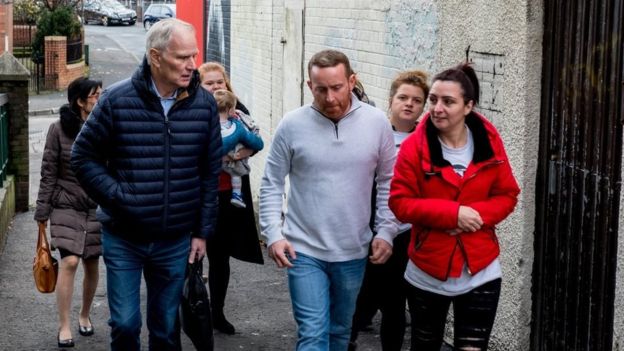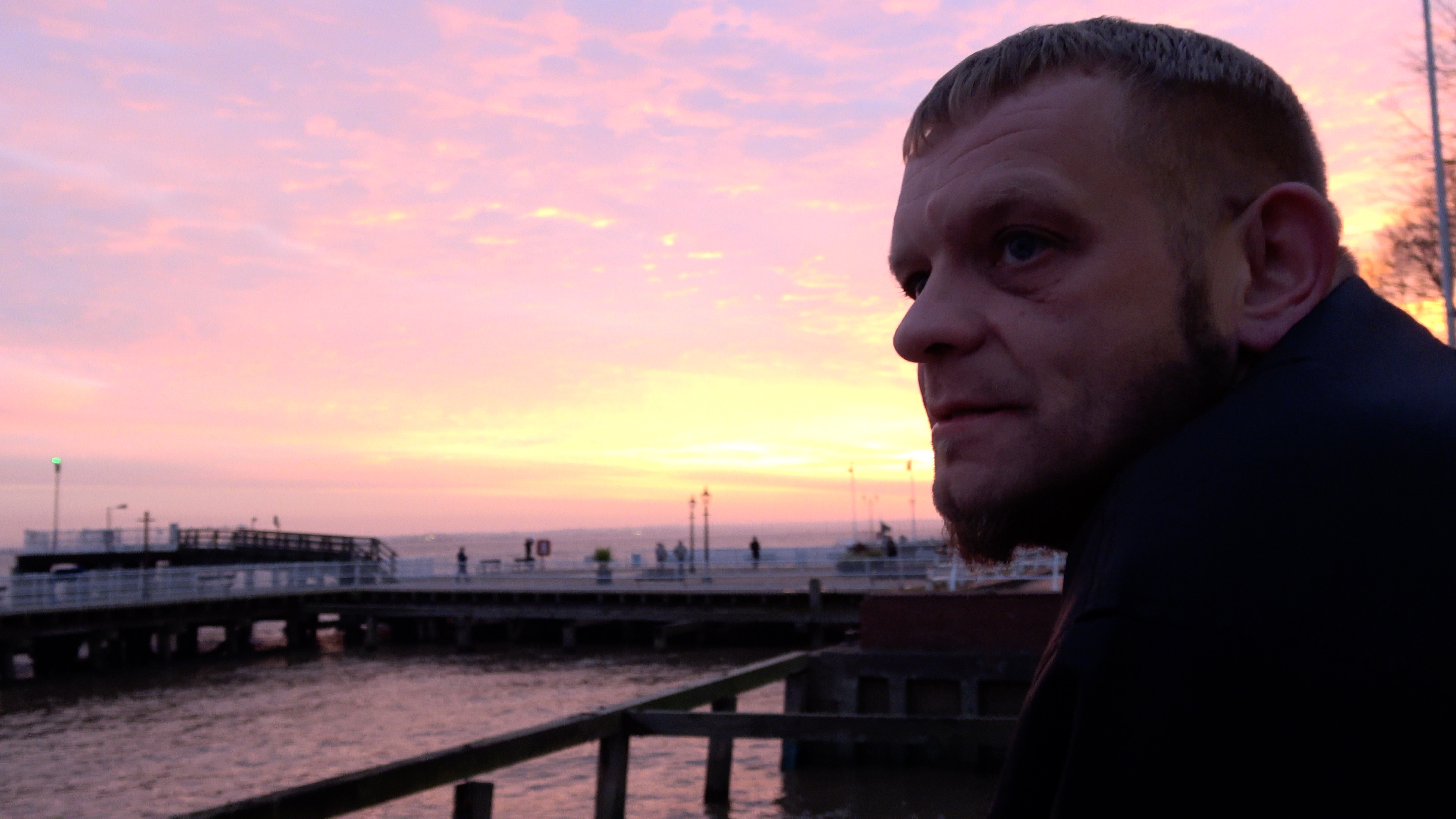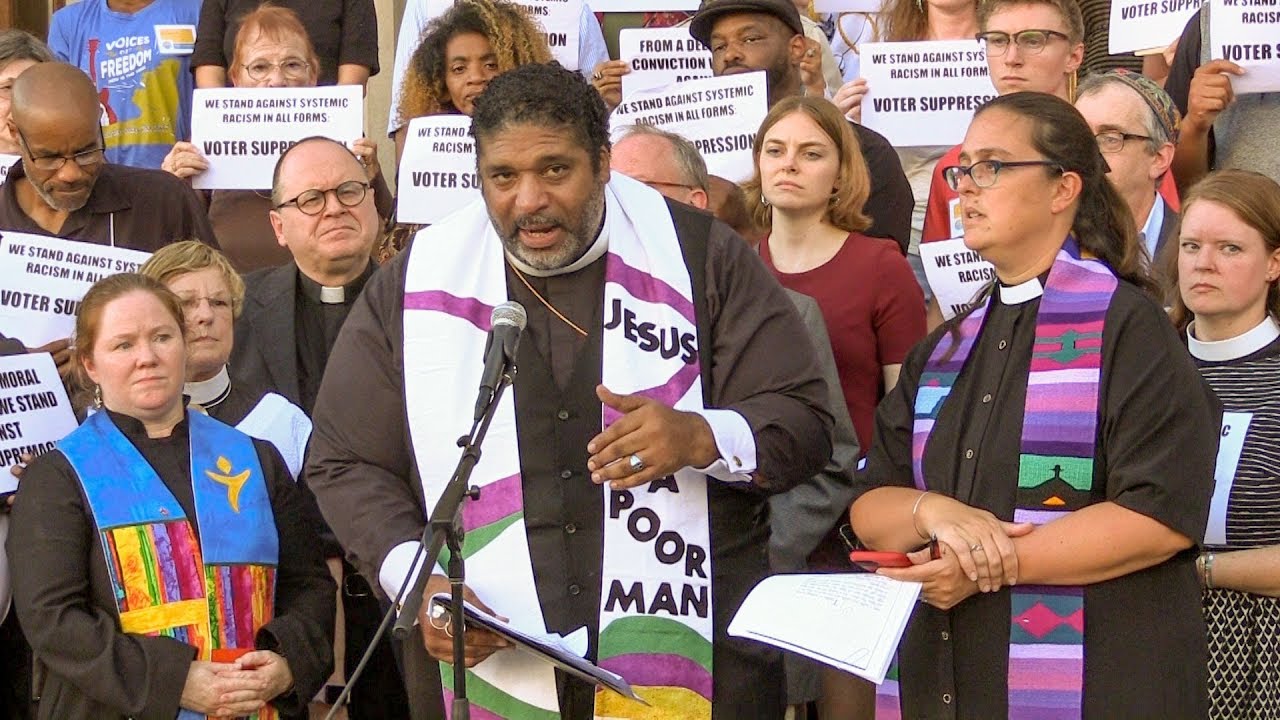Talking Points looks back on 2018
Posted on 09 Jan 2019 Categories: 45 Degree Change, Blog, From Rethinking Poverty, Language of Poverty, Talking Points
by Rethinking Poverty
Deepening poverty and inequality
Gordon Brown provides what seems like a fitting epitaph for the year. ‘I’m seeing poverty I didn’t think I would ever see again in my lifetime,’ he says in an interview with the Guardian published in mid December. ‘I thought we had finally got over the worst of child poverty.’
Headlines like ‘Universal credit claimants fear spending Christmas without money’ underline the pervading sense of gloom, as does Joseph Rowntree Foundation’s (JRF’s) latest ‘state-of-the-nation report on UK poverty’, which shows that child poverty is increasing, as more and more working parents are left unable to make ends meet. JRF also reports that pensioner poverty is rising, having fallen steadily for nearly two decades.

JRF’s latest report comes hard on the heels of a damning report on poverty in the UK by Philip Alston, UN rapporteur on poverty and human rights, published in November. ‘Austerity could easily have spared the poor, if the political will had existed to do so,’ he says, claiming that Britain is in breach of four UN human rights agreements relating to women, children, disabled people and economic and social rights – a claim echoed in a new report by the Equality and Human Rights Commission (EHRC), which finds that ‘the poorest 20% of people in England lost an average of 11% of their incomes as a result of austerity, compared with zero losses for the top fifth of households’. In her last blog piece of 2018, Policy Press chief executive Alison Shaw looks at some of the evidence their authors and partner organisations provided to the UN report and reflects on how publishing research that challenges inequality, prejudice and poor political and economic decisions holds out hope for change.
Two reports published in October label the UK a divided country. An earlier report from EHRC talks of a ‘two-speed society’ and a ‘divided nation’, while HOPE not hate talks of a divided Britain, with ‘a particular chasm between people living in affluent, multicultural cities and those from struggling post-industrial towns’. An OECD report published in June says that inequality in earnings is getting worse and social mobility is so frozen that it would take five generations for a poorer family in the UK to reach the average income.
These heavyweight reports are part of what Talking Points has on more than one occasion termed ‘an avalanche of bad news’, including:
- April: JRF’s new report on destitution in the UK finds that about 1,252,000 people in the UK, including 312,000 children, were destitute at some point during 2015.
- May: the Independent reports at least 651 previously unaccounted-for food banks operating across Britain.
- June: analysis by the Centre for Social Justice, a right-wing think-tank, shows that the wages of 10 million low-paid workers in the UK have stalled for two decades.
- July: reports on rising child poverty come from NPC chief executive Dan Corry, the Resolution Foundation and CPAG.
- August: in the US and parts of the UK, the rise in life expectancy has not only slowed down but actually reversed, owing to what Will Hutton terms ‘shit-life syndrome’.
- September: according to a new poverty measure launched by the Social Metrics Commission (SMC), more than 14 million people, including 4.5 million children, are living below the breadline, with more than half trapped in poverty for years.
Tales of hardship and suffering also come from the Institute for Fiscal Studies, the Nationwide Foundation, the Lloyds Bank Foundation and the Food Foundation, among others, while warnings about Universal Credit constitute their very own avalanche. In October, an Observer investigation found that Universal Credit is helping to fuel a rise in homelessness in towns and cities across the country. While the extra £1.7 billion for increasing the Work Allowances of in-work Universal Credit claimants, announced in the budget, will help many low-income working families, they do nothing for those without jobs. Do working people ‘deserve’ more help than those without jobs?
What is behind the catastrophic rise in poverty and inequality?
Simon Jenkins blames a ‘degree of centralised government unparalleled in any major democracy’. In some parts of the UK, local government is pretty well collapsing – Northamptonshire County Council more or less threw in the towel in August, with more councils set to follow suit. One reason for rising inequality is declining union membership, according to the Institute for Public Policy Research (IPPR). But let’s give the last word to Gordon Brown, speaking at the Edinburgh International Book Festival in August, who lays the blame on ‘deep cuts to tax credits and benefits’.
Talking about poverty
On 30 January, JRF launched new research as part of their ‘Talking About Poverty’ project. The report by the FrameWorks Institute explores public attitudes towards poverty in the UK and recommends ‘a set of tested strategies to build a deeper understanding of how poverty happens and the changes needed to address it’. The beginning of July saw the launch of Project Twist-It, supported by JRF, a new ‘anti-poverty multi-platform initiative aiming to shift the negative rhetoric around poverty in the UK and the US’. Sean McAllister’s film A Northern Soul, shown on BBC2 on 18 November, provides an object lesson in how to convey the realities of poverty and the possibility of transcending it. Above all, says Paul Mason, Liberals must learn the politics of emotion to beat rightwing populists. ‘If you can’t answer the question: “How does life get rapidly better for me and my family?” no amount of communicative power will help.’

A big shift in the economy needed
But where are the ideas?
The dearth of ideas for addressing poverty and inequality has been a theme in Talking Points throughout 2018. ‘Reflective Corbynites and thoughtful Conservatives are agreed on one thing,’ write Tom Clark and Marie Le Conte in the April issue of Prospect. ‘The time is ripe for a big shift.’ But where are the ideas? In the late 1970s/early 1980s the Institute of Economic Affairs was ready with a supply of political ideas. Where is today’s equivalent?
‘The right sees opportunity in a crisis,’ says economist Larry Elliott. ‘Why can’t the left?’ In Milton Friedman’s view, only a crisis produces real change: ‘When that crisis occurs, the actions that are taken depend on the ideas that are lying around.’ We need to develop alternatives to existing policies ‘to keep them alive and available until the politically impossible becomes politically inevitable’, says Elliott. It’s ‘time for a revolution in economics’, says Howard Reed, while Hilary Cottam agrees that ‘more money will not fix our broken welfare state. We need to reinvent it.’ Aditya Chakrabortty regrets that the civil society that helped previous generations of Labour politicians generate new ideas is much thinner now.
Ten years on from the collapse of Lehman Brothers on 15 September 2008, a bevy of articles bemoan the fact that so little has changed since. ‘The process of challenging business-as-usual lacked a unifying analysis of what had caused the crisis,’ writes Guardian economist Larry Elliott. Writing for the IMF blog, Christine Lagarde calls the collapse of Lehman Brothers a ‘sobering lesson in groupthink’ and says a key ingredient of reform would be more female leadership in finance. ‘If it had been Lehman Sisters rather than Lehman Brothers, the world might well look a lot different today.’
A report from the IPPR’s commission on economic justice calls for ‘a radical overhaul of Britain’s economy as far-reaching as Labour’s post-war reforms and the Thatcherite revolution in the 1980s’. The report presents a picture of rising inequality, ranking the UK as the fifth most unequal country in Europe. Encouragingly, a Sky Data poll commissioned by IPPR suggests that the public may be ready for change. Just 22 per cent of people think the way the economy works is fair, with 48 per cent saying it is unfair. IPPR’s November announcement of a £150,000 prize ‘to uncover fresh ideas’ was welcome – though sadly the focus is on boosting economic growth rather than finding a genuinely new approach that is sustainable into the future.
New ideas emerging
Despite all these laments, ideas for a new economy seem to be appearing thick and fast. These include:
- The everyday economy – ‘the forgotten and neglected economy of ‘ordinary, taken for granted, hard work by under-appreciated people often earning a meagre amount of money and struggling to get by’, and the title of a pamphlet launched by MP Rachel Reeves in March.
- Locality’s locally based economy, with public service commissioners commissioning more local organisations.
- Localis’s local economic strategies for every part of England.
- More co-ops, as set out in New Economics Foundation’s Co-operatives Unleashed.
- A wellbeing economy. Officially launched in the US on 20 September, the Wellbeing Economy Alliance (WEAll) is calling for new economic models based on human and planetary wellbeing rather than a narrow focus on growth and GDP – an idea supported by Nobel laureate Joseph Stiglitz. Tabita Green sets out what a society designed for well-being might look like, while NEF’s Annie Quick proposes a way of measuring wellbeing inequality in order to ‘get to the heart of who the economy is really working for’.
- A world with less work? NEF’s Aidan Harper makes the case for ‘a new politics of time’ – harking back to John Maynard Keynes’ famous 1930 prediction that technological change and productivity improvements would eventually lead to a 15-hour workweek. ‘Is free time a better measure of economic success than GDP?’ he asks. Following on from this, in November he sets out five reasons why NEF supports the 4 Day Week Campaign. Reducing the hours we work can help future-proof the economy and the environment, he writes. A four-day week would liberate us,’ says Owen Jones. Meanwhile the Labour Party’s shadow chancellor John McDonnell has been working with economist Lord Skidelsky shaping the Labour case for a four-day week. More radical still, this article by Andy Beckett explores ‘Post-work: the radical idea of a world without work’.
- Universal basic income or universal basic services? These two concepts keep coming up. Is it better to give everyone a set amount of money each year or to guarantee all the public services people need to live a full life? An April economics podcast from NEF debates the pros and cons of UBI and UBS, and this is also the topic of an article by Anna Cootes of NEF, published in August. She quotes Luke Martinelli: ‘an affordable UBI would be inadequate, and an adequate UBI would be unaffordable’ and makes the case ‘for more and better collective services’.
The State of Nature blog brings together a range of voices in response to a single question: Do we need a Universal Basic Income? The Guardian’s Polly Toynbee definitely doesn’t think so. An article on the UBS Hub considers the pros and cons of three different options for 21st century welfare and social safety: negative income tax, jobs guarantee and universal basic services. Professor Himanshu of India’s Jawaharlal Nehru University makes the case for UBS in developing countries as ‘a response to “inefficient” public spending on social sector schemes’, while a blog called ‘Dyna Mick: Thoughts about the world’ makes the case for UBS in developed countries.
Inspiration from other countries
Talking Points is always on the lookout for inspiration from how other countries are addressing poverty successfully. Here are some good examples:
- Pakistan has seen more than 50 per cent reduction in poverty in the past decade. Reasons include ‘targeted poverty reduction programmes … and above all more inclusive characteristics of economic growth’.
- Canada: Ontario’s ‘controversial minimum-wage hike’ has created 7,100 new jobs in the food service and hospitality sector since January, reports The Star in August, rather than causing jobs to be shed, as predicted.
- Germany: housing in Munich is expensive, but in one building, known as Ligsalz8, rents have remained the same for 10 years. Ligsalz8 is a communal property, owned neither by private landlords nor by the state. part of a rental housing syndicate, the Mietshäuser Syndikat, which aims to keep rents affordable and out of the hands of speculators.
- South Africa: writing about Doornkop, Soweto, Leila Patel and Marianne Ulriksen suggest that what is often missing from conversations about ‘solutions to poverty and social exclusion’ is ‘a perspective that privileges the knowledge, experience, capacities, aspirations and efforts of citizens and communities to improve their lives’. This point is echoed by Julia Unwin, writing about the UK. Whether government or charities are involved, they don’t do enough to give people power, she says. ‘Often they [people] feel they have the wisdom, collectively, to solve the problems they face. But they do not have the power to do so.’
- The Poor People’s Campaign in the US: The Poor People’s Campaign Moral Agenda is demanding ‘a massive overhaul of the nation’s voting rights laws, new programs to lift up the 140 million Americans living in poverty, immediate attention to ecological devastation and measures to curb militarism and the war economy’. After two years of preparation and grassroots coalition-building, on 25 October the Poor People’s Campaign: A National Call for Moral Revival kickstarted ‘a social justice effort with six weeks of peaceful direct action in state capitals around the US’. The UK should follow suit, says Mary O’Hara.
- Localism in the US: The renewal of town and city centres across the US is accelerating, according to a new book called New Localism, using a problem-solving from the bottom up’ approach. In Lancaster City in south-central Pennsylvania, a partnership among the Hourglass Foundation, the mayor, local business and community leaders, and politicians ‘made downtown Lancaster not just somewhere people drove through on their way to boutique hotels in Amish country, but a destination of its own’.

Looking ahead to 2019: a focus on 45 Degree Change
From January to September, Talking Points has been picking up on Aditya Chakrabortty’s Guardian series ‘The Alternatives’, focused on ‘how to make the economy work for everyone’. To give just two examples, the second article visits Preston, a town that had hit rock bottom but turned its fortunes around when local councillor Matthew Brown teamed up with Neil McInroy of the Centre for Local Economic Strategies (CLES) to persuade six public bodies to commit to spending locally wherever possible. A later article describes how in post-industrial Plymouth social enterprise is the key to growing a local economy. In the concluding articles, Chakrabortty looks at what the different initiatives have in common and at the constraints ‘that prevent our Alternatives from becoming mainstream’ – notably lack of investment capital and the ‘overwhelming centralisation of the British state’.
But how alternative are ‘the alternatives’? In Neil McInroy’s view, they are the tip of the iceberg of a growing movement, and much less ‘alternative’ than the series title would suggest. In 2019, Rethinking Poverty will be working with McInroy and with Neal Lawson of Compass to shine a light on this movement, and in particular on the meeting point of the vertical state and these horizontal emerging social, economic and political practices. ‘The expression “45 Degree Change” refers to this meeting point. This is the fault-line through which a new society can and must be born,’ write Lawson and Caroline Hartnell.
A question of power
This fault-line – where the power of the people meets the power of the state – is neglected in the poverty debate. Thus, the contribution of people is often disregarded. Government and charities don’t do enough to give people power, Julia Unwin says. ‘Often they [people] feel they have the wisdom, collectively, to solve the problems they face. But they do not have the power to do so.’
Many such examples of people power have surfaced in our reports this year. For example, #thehullwewant gives voice to local people’s dreams, needs and solutions, working with councillors, MPs, service providers and unexpected allies from the private sector to #ShiftThePower and to develop transformative change for their city. Tyne and Wear Citizens has built a coalition of local organizations, including schools, universities, hospitals, mosques, churches, charities and community groups, to make measurable progress on the living wage, hate crime, mental health and refunds for children claiming school dinners.

There have been wake-up calls for approaches to poverty to be more inclusive. Darren McGarvey’s Poverty Safari and Gerry Salole’s The Development Set and its role in perpetuating poverty show that the poverty industry needs to reform itself. Civil society holds many of the keys to such transformation.
Developing the civil society we need
How can funders help develop the kind of civil society we need to help create this new society? ‘The big aspiration for the future of civil society in the coming years is to generate a radical and creative shift which puts power in the hands of people and communities,’ writes Julia Unwin. A paper by Jenny Hodgson and Anna Pond on How Community Philanthropy Shifts Power focuses on the role of community philanthropy in creating local ownership and accountability. What we will need above all if we are to forge a good society is to #ShiftThePower! Watch this space in 2019.
‘Talking Points’ is collated by Caroline Hartnell, who convenes the Rethinking Poverty blog.
Read 2018’s Talking Points here.
Posted on 09 Jan 2019 Categories: 45 Degree Change, Blog, From Rethinking Poverty, Language of Poverty, Talking Points
